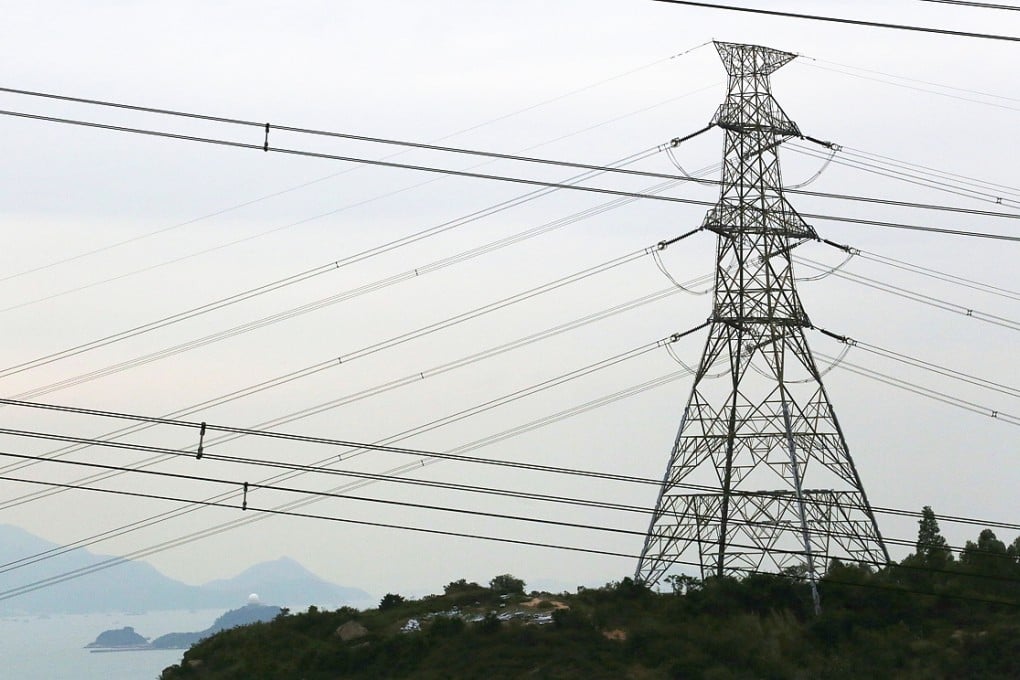Time to debate a fairer energy market
Hong Kong is often hailed as one of the freest economies in the world, with free competition and market access for everyone. But the truth is that certain sectors are still off limits to new players.

Hong Kong is often hailed as one of the freest economies in the world, with free competition and market access for everyone. But the truth is that certain sectors are still off limits to new players. The energy market is an example. All households and businesses are customers of either CLP Power or Hongkong Electric under a long-standing duopoly system. The companies' profits are further guaranteed by a rigid scheme of control. There is neither competition nor choices.
The problems have been put into perspective in a comprehensive study commissioned by the Consumer Council. It noted that while the business agreements ensure reliability and growth, the companies can also transfer fuel cost increases to consumers and make high risk-free profits. The scheme lacked transparency and put consumers in an unfair situation, it said.
The watchdog rightly called for breaking up the dominance of the power giants in a gradual reform. This includes liberalising the power generation market, importing more electricity from the mainland and developing regional gas-fired stations. It also called for better protection for low-income users. But the council is not in favour of introducing more competition at the retail level, saying consumers may not necessarily benefit because of high switching costs; and that market players can get around the issue through reconsolidation, as in the case of Britain.
The recommendations follow an 18-month long study by three prominent experts from overseas, taking into account the special circumstances in Hong Kong and foreign experience. Technical as they are, the issues are crucial to the development of a fair and sustainable regime. As the watchdog admitted, the energy sector is one that deals with conflicting goals, such as consumer's interest, commercial gains, green environment and economic competitiveness. No single model can perfectly address all the issues involved.
But that does not mean the current regime should be left untouched. With the scheme of control expiring by 2018, the government is to consult the public on the way forward next year. Credit goes to the council and the experts for tabling a 170-page report on an industry that has so big an impact on people's livelihood and economic vitality. The study has set the stage for an informed debate on the way ahead.